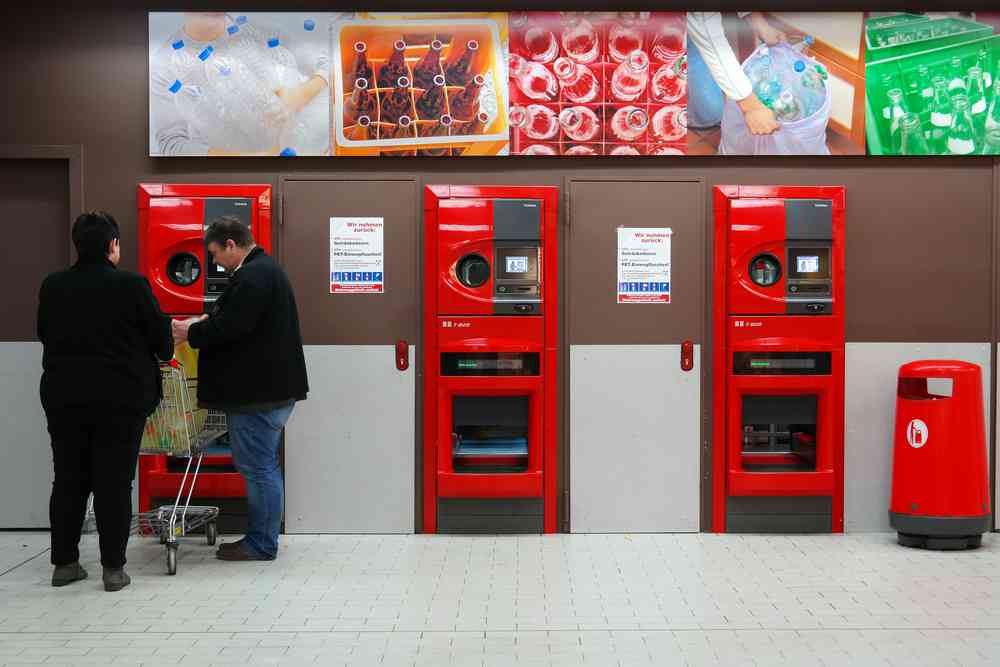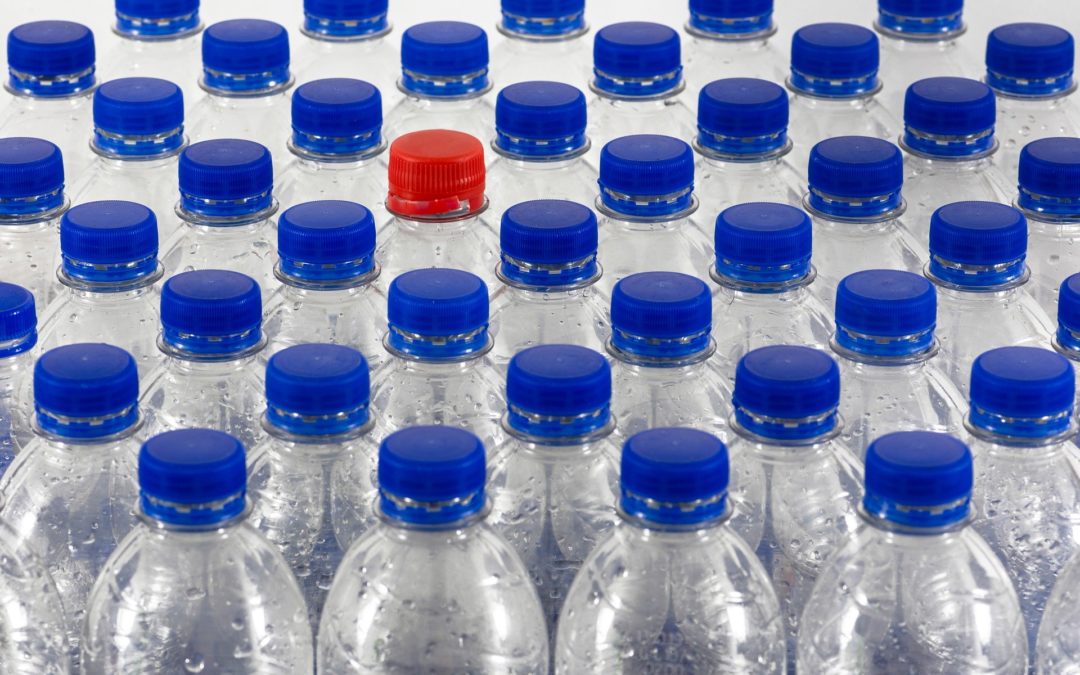In a logic of circular economy, the consignment system is gradually reappearing. Appearing in the 1950s, this system gradually died out in the 1990s. Within the framework of the anti-waste law for the circular economy, Secretary of State Brune Poirson is trying to bring back the consignment system and to generalize it to plastic, which currently has a strong environmental impact.
2020: the consignment system at the heart of the circular economy
In June 2019, the Secretary of State Brune Poirson brought together in Strasbourg elected officials, NGOs and representatives of product manufacturers to build a steering committee for the deposit. Within the framework of the anti-waste law for the circular economy, the consignment system is tending to return to the market, particularly in the case of plastic bottles. Indeed, France is the world’s leading producer of bottled water and is a high consumer country. The market is about 7.5 billion plastic bottles and only 55% of the bottles are recycled. (source Lemontri).
The consignment goes with the purchase of one or more objects in a container. It consists of making a person pay a small additional amount, called a gratuity, at the same time as their purchase. The person recovers this sum when he or she returns the empty container. The purpose of setting up a deposit is to encourage the buyer to bring back his container in order to facilitate its reuse, reuse or recycling. The consignment system can be applied to many types of packaging (glass, metal, plastic, etc.), whether reusable or even disposable.
In neighboring countries where this system is in place, particularly in Germany, sorting points are mostly located in supermarkets. In France, waste management is the responsibility of the local authorities.
A system that raises many questions
The return of the consignment system is not unanimous. In fact, between the loss of revenue, the oversizing of sorting centers… the federation of recycling companies is rather against this project of returning the consignment system. Moreover, some points are not yet totally determined: where to bring back the bottle? in stores or public terminals? who will install these terminals? who will be in charge of collecting the deposits? Many questions remain to be answered in the coming months. Some people are reluctant to this project because this system necessarily involves a trip to bring back empty bottles to supermarkets or collection points. However, this measure is all the more painful for people who run their errands online to avoid all these inconveniences and who will therefore be forced to travel.
Germany : a model of the deposit system
Our German neighbor is a model in terms of the use of the consignment system. This habit, which is rooted in everyday life in Germany, is established and applied uniformly throughout the country. The result is indisputable: the return rate for returnable packaging is currently around 90%. Germans pay between 8 and 15 centimes deposit on their drinks (aluminium cans, bricks, plastic bottles…) and then return their packaging to collection points available at almost all outlets, in return for a voucher or a refund. Germans have two types of bottles: single-use bottles that harm the environment and reusable ones. There are no laws or regulations requiring consumers to return used containers, it all depends on the goodwill of each individual and their awareness of environmental issues.







